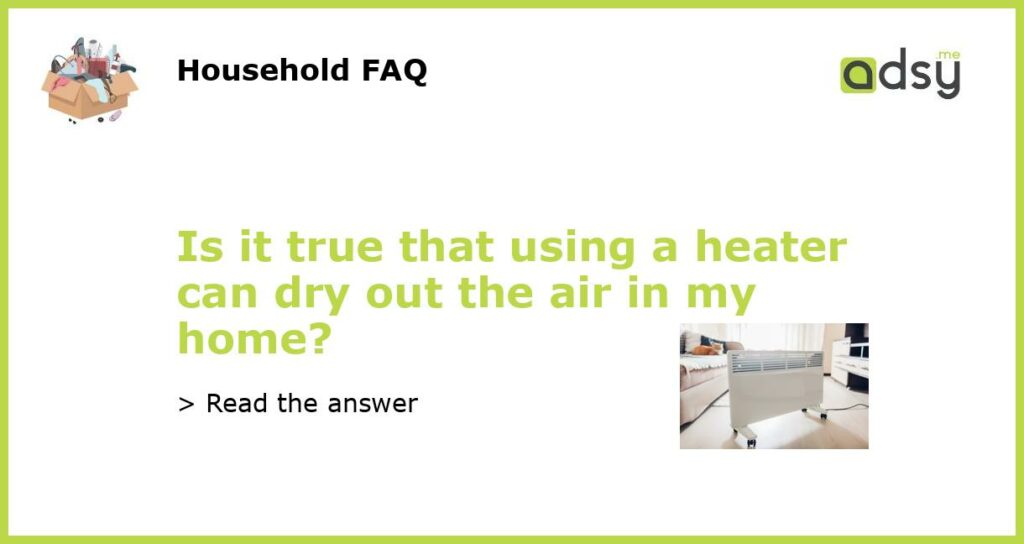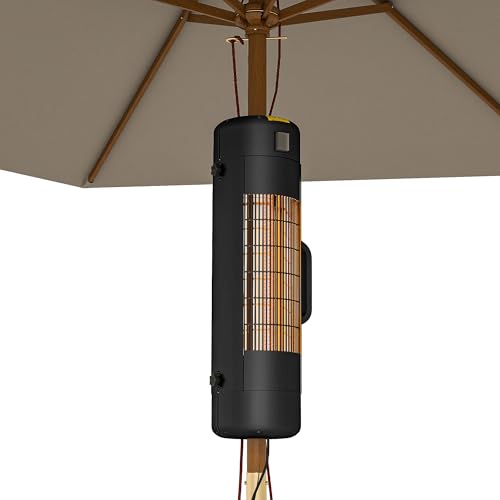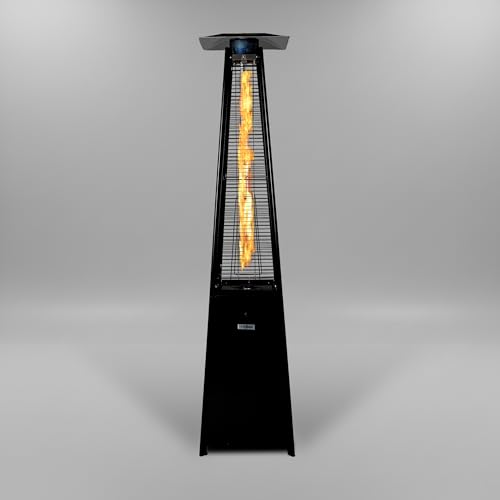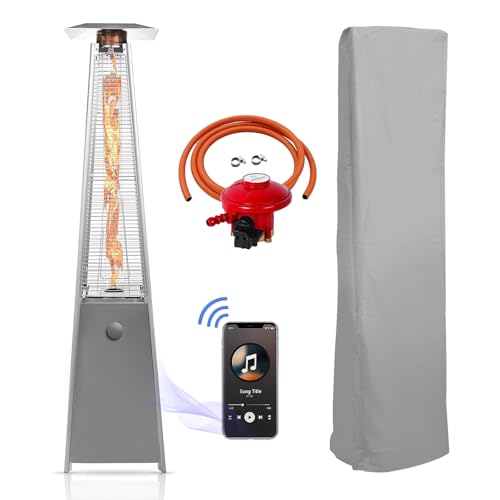Understanding the Effects of Heaters on Indoor Air
Using a heater during the colder months is a common practice in many households. However, there is a common belief that heaters can dry out the air in your home. Is there any truth to this claim? Let’s explore the effects of heaters on indoor air quality to find out.
How Heaters Work to Keep You Warm
Before delving into the effects of heaters on indoor air, it’s important to understand how heaters work. Most heaters use various mechanisms such as forced air, radiant heat, or convection to produce warmth in a room. These methods involve heating the air or objects within the space. But does this process impact the moisture content in the air?
The Relationship Between Heaters and Humidity
The claim that heaters can dry out the air in your home stems from the fact that warm air has the capacity to hold more moisture than cold air. When heaters warm up the air in a room, it can reduce the relative humidity level, making the air feel dryer. However, this does not necessarily mean that heaters are solely responsible for drying out the air.
Other Factors Contributing to Dry Indoor Air
While heaters can affect humidity levels, there are other factors that contribute to dry indoor air. For example, during winter, outdoor air tends to be drier, and when you bring it into your home, it can lower the overall humidity. Additionally, insufficient ventilation, excessive use of central heating systems, and certain building materials can also play a role in drying out the air in your home.
Maintaining Healthy Indoor Air Quality with Heaters
Maintaining a comfortable humidity level is important for your health and overall well-being. To ensure a healthy indoor environment while using a heater, you can take some proactive measures. Use a humidifier to add moisture to the air, especially in rooms where you spend a significant amount of time. Properly ventilate your home to allow for air exchange, and consider using a hygrometer to monitor the humidity levels in your space. These steps can help counterbalance any potential drying effects of heaters and promote a healthier indoor atmosphere.






